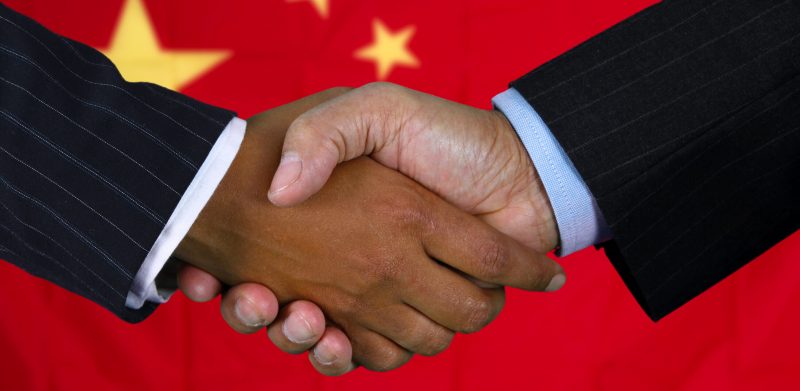
Changes to Canada’s General Preferential Tariff (GPT)
This article discusses the impact of the upcoming changes to Canada’s General Preferential Tariff, or GPT. This coming new year, changes will be implemented, effecting Canadian consumers and businesses alike.
Background
If you already understand what the GPT is, skip-down to the ‘Upcoming Changes” section.
To the layman who is unfamiliar with the world of importing, exporting, customs and duty, the oldest and most basic concept of international commerce is that nations who export commodities must pay duty to the importing nation in exchange for access to their marketplace and consumers.
In 1974, Canada introduced the GPT. Simply put, it was an initiative to stimulate the developing economies of 175 nations around the world by offering exemptions or concessions on the import duties discussed above. Over the past 40 years, the GPT has contributed greatly to building strong, flourishing economies in many of the nations who benefited from these exemptions.
Upcoming changes
There has been no review or revision of these exemptions since their introduction 40 years ago. During this time, many of the benefiting nations have become industrial giants and can no longer be considered as ‘developing economies’.
As such, on January 1st, 2015, 72 nations will lose their GPT status. Any goods manufactured in these 72 nations and sold in Canada will no longer benefit from duty exemptions or concessions. After January 1st, the only exceptions will be for goods that were physically en route to Canada prior to December 30th, 2014.
There are some other exceptions and considerations but that’s the gist of it.
Winners and losers
The financial impact of the upcoming change is on the scale of the Canadian export volume of 72 nations. Billions of previously non-existent dollars will suddenly materialize as duty to be collected.
For reasons which we will outline in a moment, prices for many commodities will rise. Furthermore, higher prices at the check-out translate directly to an increase in sales taxes, which will also flow into federal and provincial coffers.
While in principal, this sounds like good news for the Canadian economy, the main problem is that in the end, it’s the Canadian consumer who will foot the bill for all of it. We will pay more for many commodities and pay more sales tax in the process.
In some cases, the GPT changes stand to greatly benefit Canadian manufacturers who previously found it difficult to compete with imported products which were ‘un-naturally’ competitive, due to their being imported from countries with GPT status.
For the same reasons, this principal may also apply to many other countries, primarily European, which may now capitalize on the fact that competing products which were previously GPT-eligible will no longer be as competitive.
Effects
Importers and businesses: Those who import primarily from the 72 effected nations stand to suffer. The GPT change may cause a natural shift in consumer purchasing habits, as commodities from those 72 nations may not be as competitive or as profitable to resellers as products from nations who managed to be competitive without ever having GPT status.
Consumers: In any Canadian home, there are virtually countless items which were manufactured in China, South Korea, Malaysia and many other nations who will lose their GPT status on January 1st. Loss of GPT status means that exporters in those nations will incur sudden and significant new costs to export their goods to Canada. The end-result to Canadian consumers is that many commodities from these 72 nations will simply cost more in 2015 and again, we’ll be paying more sale tax as a result.
Canadian businesses which historically struggled while competing with products from nations which are about to lose GPT status now have a golden opportunity, however, only time will tell if they rise to the occasion.
Conclusion
We’re likely to see a surge of imports from these 72 nations leading up to the new year. Businesses will logically struggle to import as much product as possible while still benefiting from GPT status. One thing we can all be 100% sure of, however, is that the average Canadian will soon have a little less money in his or her pocket.